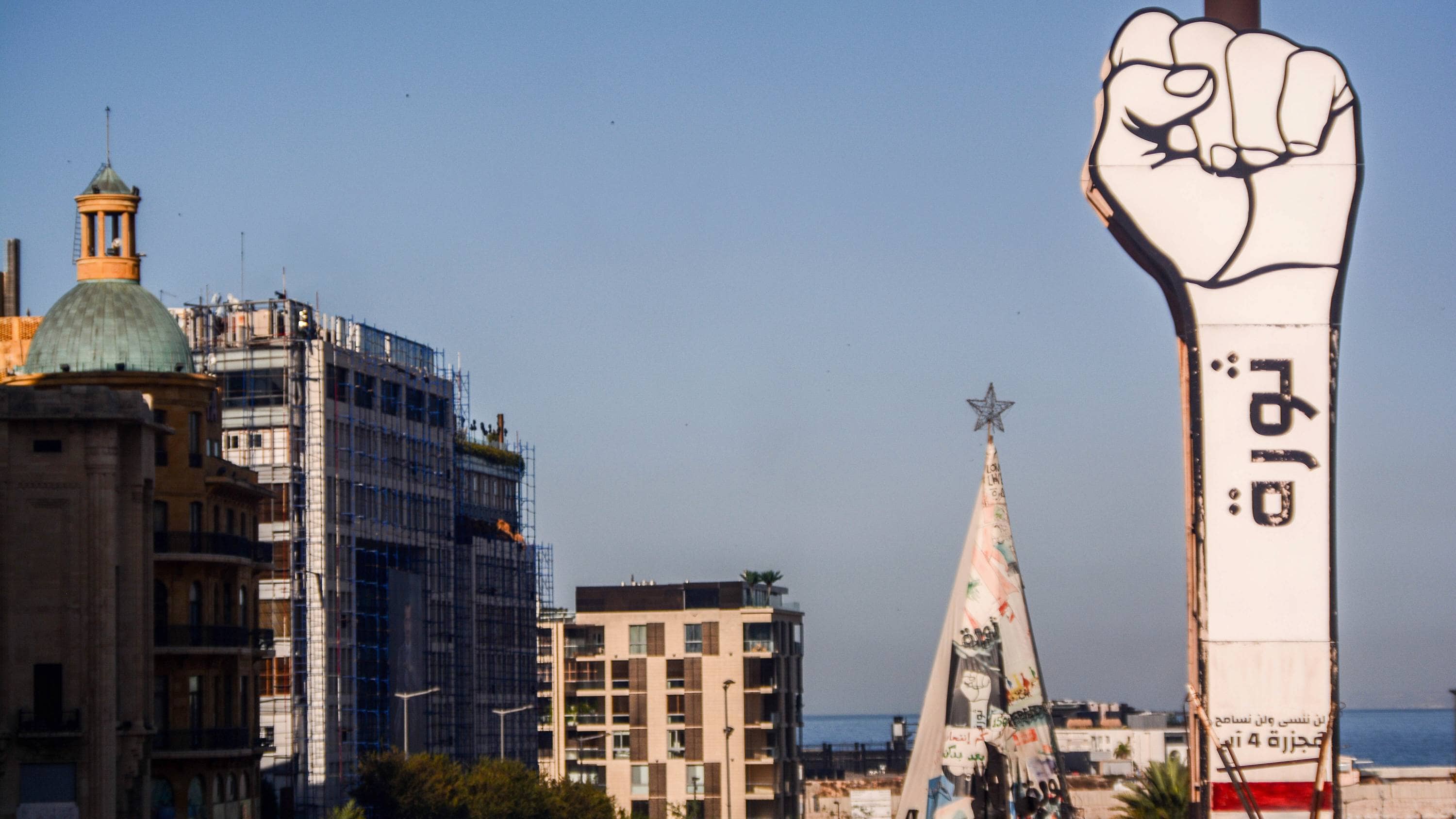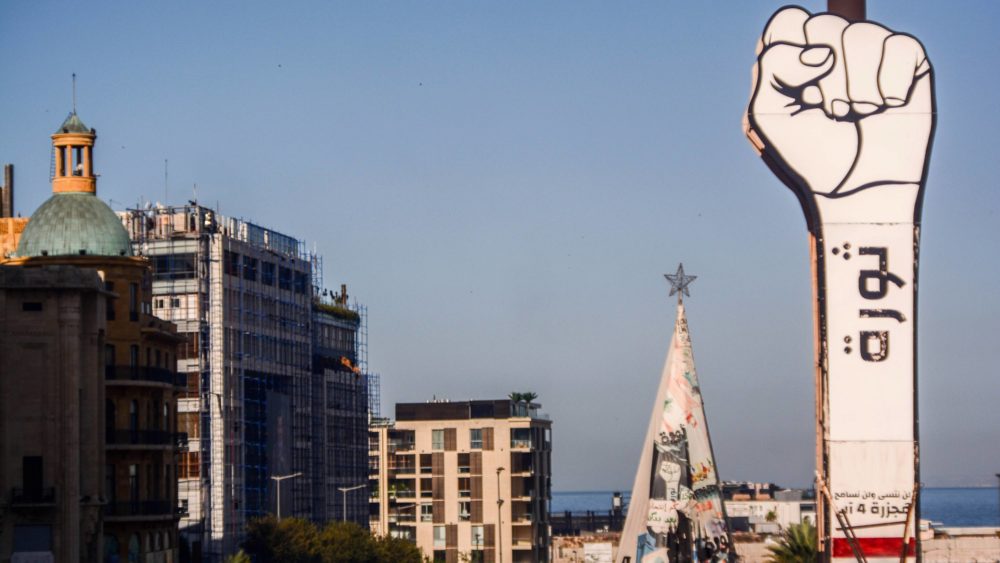
The conflict over daylight saving is the latest moment of chaos in a country where believers’ management principles—shared in a new book—challenge the regional authoritarian mindset.
For four days, Lebanon had two time zones.
Scheduled to switch for daylight savings on March 26, the nation’s Sunni and Shiite political heads postponed it until the end of Ramadan to ease Muslim fasting.
Christian politicians ignored it and carried on with the international standard. Airlines stuck to the government decision, throwing schedules into confusion. Some schools adjusted, others refused, and parents juggled clocks to show up at work on time.
Not that there is much work these days. The government eventually relented.
But these decisions were taken while Lebanon has no president, no prime minister, and a fractured parliament. The economy is in free fall, emigration is soaring, and justice still escapes the victims of the 2020 Beirut port explosion.
It is the last place one would look for lessons on leadership.
While laughing at the absurdity of the last four days, Mike Bassous believes differently. Author of Leadership … in Crisis, published last July, he says Lebanon is uniquely situated to assist an entire region regularly subject to chaos. Surrounded by dictatorships, there are not many traditional examples to choose from.
“For books on leadership, the Arabic library of the Middle East is empty,” Bassous said. “But Lebanon can absorb the best of Western principles and contextualize them for the East.”
Such is the goal of his book, combining personal experience, the professional corpus, and Christian reflection. And as general secretary of the Lebanon Bible Society, he is offering his insight to Protestant, Catholic, and Orthodox friends around the region—starting in his home country.
Last year, 44 Lebanese leaders gathered in Cyprus for a retreat from …


